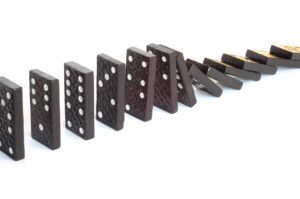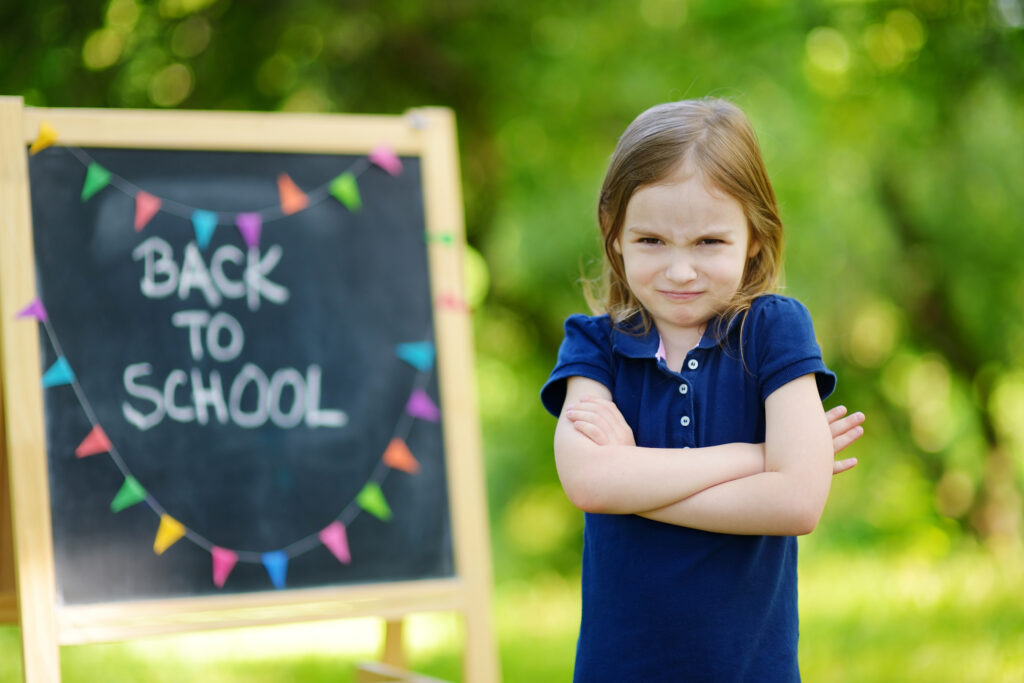 This is the last article in a series of six, on Behaviour and Adlerian Parenting. (The other articles which may be of interest you are: Rewards, Bribes, Incentives… Behaviourism and Adlerian/Democratic Parenting, Intrinsic Motivation vs. Extrinsic Motivation, Extrinsic Motvators: Rewards, Bribes, Incentives, How to Set Limits – Even with a Strong-Willed Child.)
This is the last article in a series of six, on Behaviour and Adlerian Parenting. (The other articles which may be of interest you are: Rewards, Bribes, Incentives… Behaviourism and Adlerian/Democratic Parenting, Intrinsic Motivation vs. Extrinsic Motivation, Extrinsic Motvators: Rewards, Bribes, Incentives, How to Set Limits – Even with a Strong-Willed Child.)
I have met many parents who have had challenges because they were being too strict with their discipline and more punishment based, and others who were at a loss as to how to set consequences. In both cases, the children were being extremely challenging and the parent’s methods of discipline were not working. As I have said many times before, we are now parenting in very different times. Research has taught us that the traditional, fearful methods of discipline, such as spanking and shaming, are not healthy in the long-run; even time-outs are now questioned, especially when used in a punishment style.
What is Punishment?
Dr. Jane Nelson, author or Positive Discipline, describes the 4 R’s of Punishment in her book Positive Discipline:
1) Resentment: “This is unfair. I can’t trust adults.”
2) Revenge: “They are winning now but I’ll get even.”
3) Rebellion: “I’ll show them that I can do whatever I want.”
4) Retreat: (in the form of sneakiness) “I won’t get caught next time.” or (in the form of reduced self-esteem) “I’m a bad person.”
To me, I think of punishment as hurtful. In past-generations, it physically and emotionally hurt and now, even with non-physical forms of punishment it is still emotionally hurtful. The above 4R’s reflect a defence for deep hurt.
Unfortunately, we are often still programmed to believe that discipline must mean that the child experiences suffering, otherwise “it won’t work”. However, the well-known American Psychiatrist, Dr. Rudolph Driekurs, who developed Alfred Adler’s psychological theory into a practical method for understanding how to stimulate cooperative behaviour in children, without punishment or reward, shows us a different way, which is explained in Jane Nelson’s book, Positive Discipline, and this is a summary:
What Are Natural Consequences?
Natural consequences are the ones that the environment naturally enforces, when we step back and allow it. Natural consequences allow children to learn cause-and-effect relationships. If you don’t wear gloves/mittens, your hands get cold. If you don’t wear a coat, you’ll feel cold. If you don’t eat your dinner, you’ll be hungry. If you build your tower too high, it will fall over.
Children learn best through experience and when it doesn’t feel as though it’s the parents teaching them another life lesson!
However, sometimes it is not wise to wait for a natural consequence to be a teacher, such as with safety concerns (burning hazards, street safety etc.). Also, natural consequences don’t work well when they are too far in advance such as connecting a resistance to brushing teeth with future cavities. Lastly, there are times when leaving the behaviour to natural consequences impacts the group too much. In Alyson Schaefer’s Adlerian Parenting book, Honey I Wrecked the Kids, she gives the example of a tobogganing party. If a child doesn’t want to wear his/her snow pants, this is not a choice (nor a time to discover the natural consequence) because this would ruin the party for everyone if one child is freezing cold. Therefore, the rule is that snow pants are required for attendance at the party.
What Are Logical Consequences?
Dr. Jane Nelson, describes the 4R’s of Logical Consequences as being:
1) Related
2) Respectful
3) Reasonable
4) Revealed in advance (when appropriate)
In Adlerian parenting, the rules are based on the democratic principle that with freedom comes responsibility (Alyson Schaefer, Honey I Wrecked the Kids). The freedom to eat food with sugar comes with the responsibility of brushing sugar off the teeth after. The freedom to ride a bike comes with the responsibility of wearing a helmet.
*Key point: The purpose of discipline/consequences is to teach. If the child sees the consequence as logically related, he/she still won’t like it but at least it will feel fair, and the learning will happen. Grounding a child for weeks creates resentment and fuels the 4R’s of punishment.
Essentials:
1) Reveal consequences in advance in a neutral tone – be non-judgmental. If the child chooses the behaviour which results in loss of a logically related freedom, then keep calm and follow-through on the logical consequence. Mother nature doesn’t use a moralizing tone and we must be careful that we don’t either. If the child knows he/she has got us mad, then this reinforces the child with a feeling of power.
2) Always follow-through on the pre-determined logical consequence. Giving in to one negotiation or forgetting to follow-through with the consequence, reinforces the child’s misbehaviour.
3) Be consistent. Mother nature is always consistent and we must be too. Our rules need to remain consistent.
4) Use Third Party rules/laws as the enforcement agency, when possible. Eg. The swimming pool rules require you to wear a life jacket if you want to swim, until you can swim in the deep end by yourself.
5) Allow Your Child to “Mess Up”. Eg. If your child forgets his/her homework, then the logical consequence will occur between him/her and the teacher.
6) Be Sure You Can Enforce the Consequence: Logical consequences are also the suitable choice because they are related to the “crime” and therefore much more likely to be enforceable. Never state empty threats! “If you don’t start behaving, Santa won’t bring you any Christmas presents” or “You won’t be coming on holiday with us”!
7) Harsher does not mean more effective. The aim is to repair the problem and that’s all.
8) Ignore the smaller misbehaviours, that seem to be attention-seeking, and re-direct.
In summary, Albert Einstein was ahead of his time, when he said:
If people are good only because they fear punishment, and hope for reward, then we are a sorry lot indeed.
Our aim is to teach inner self-discipline. If a child feels backed into a corner or allowed to “rule the roost”, then the journey of inner self-discipline will be negatively impacted.
“What you focus on grows” – limit setting is essential, while keeping in mind the balance of also focusing our attention and energy on all the positive behaviours to fill our child’s emotional bank account/”attention cup”.
Have a wonderful week connecting freedoms with responsibilites,
Warmly,
Want to Connect?
Subscribe now to receive free weekly parenting tips and inspiration.








2 thoughts on “Consequences vs. Punishment…What Is The Difference?”
Comments are closed.